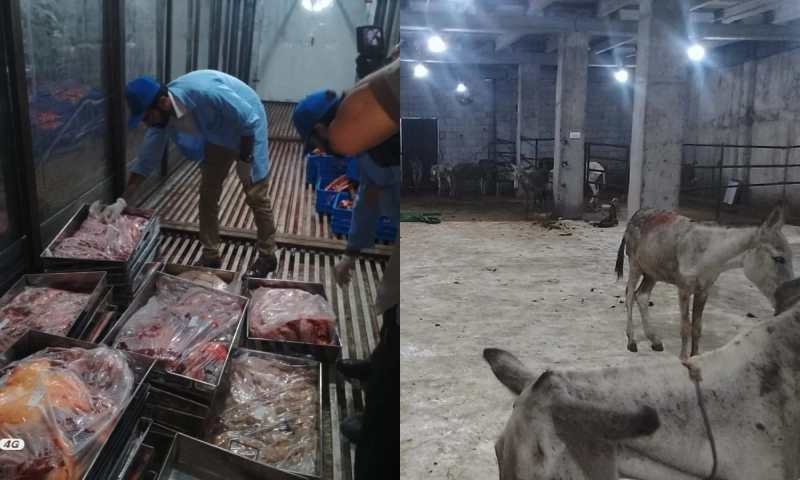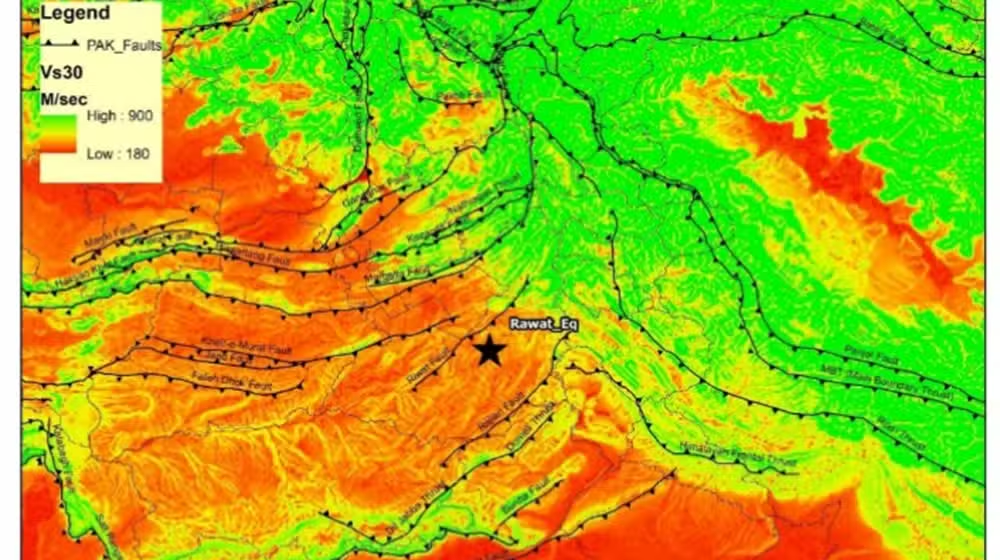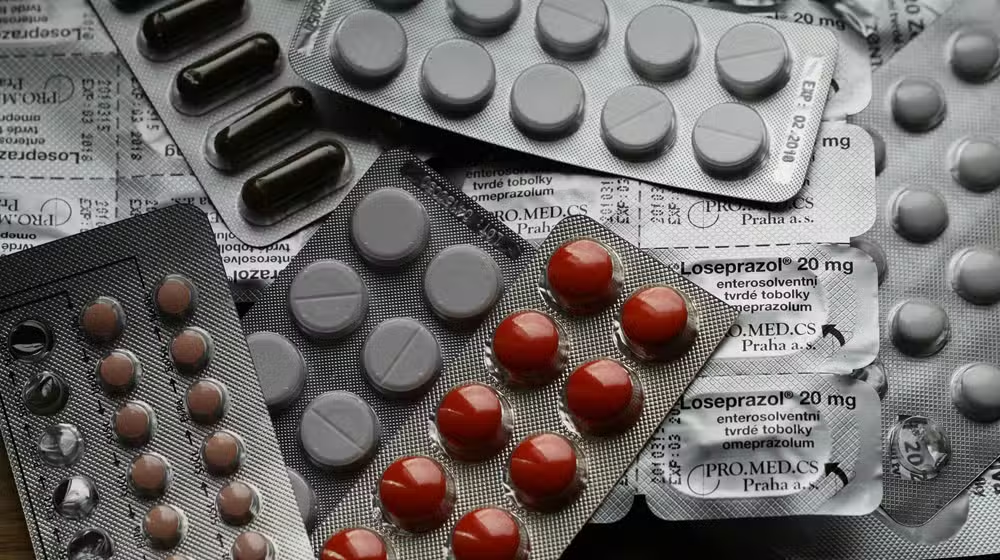Donkey Meat Seized Again: Another City Joins Islamabad in Shocking Meat Scandal

In a disturbing development, Donkey Meat Seized Again has become a headline that is sending shockwaves across the country. Following the shocking discovery in Islamabad earlier this month, yet another major Pakistani city has now fallen victim to the illegal donkey meat trade. Authorities have cracked down on yet another hidden slaughterhouse, triggering public outrage and renewed concerns over food safety in urban centers.
This recurring scandal is not just about the illegal sale of donkey meat — it’s a reflection of the deeply rooted problems within the country’s food inspection system, regulatory enforcement, and rising criminal activities associated with meat fraud. With Donkey Meat Seized Again making headlines, Pakistan’s public is demanding strict legal action and comprehensive reforms to protect consumers from such fraudulent practices.
Another City Under the Spotlight
According to official sources, a joint raid by municipal authorities and local police uncovered a secret operation in Lahore where donkey meat was being processed and distributed to local markets and eateries. Upon investigation, it was revealed that over 300 kilograms of illegally slaughtered donkey meat was ready for delivery.
This is the second major incident in less than a month. With Donkey Meat Seized Again, the scale of this illicit activity appears to be more organized and widespread than previously believed. The recent bust in Lahore mirrors the earlier discovery in Islamabad, suggesting the possibility of a countrywide network supplying unauthorized meat to unsuspecting consumers.
How the Raid Was Conducted
Officials say they were tipped off by a whistleblower who noticed suspicious activity at a livestock warehouse operating under the guise of a legal meat processing facility. Acting swiftly, Lahore Police teamed up with food safety officers to raid the premises. On-site, they found a full-scale butchering setup with specialized tools, storage refrigerators, and packaging materials.
More than a dozen workers were taken into custody, and initial interrogations revealed that the meat was being supplied to roadside restaurants and small butcher shops where the origin of the meat often goes unverified. The phrase Donkey Meat Seized Again started trending on social media shortly after videos of the raid surfaced online, igniting public fury.
Health Hazards and Legal Implications
The illegal slaughter and consumption of donkey meat pose severe health risks. Unlike regulated livestock, donkeys are not reared or monitored under hygienic conditions suitable for human consumption. Moreover, there are concerns about donkeys being injected with harmful substances to increase their weight — substances that are hazardous when ingested by humans.
Veterinary experts warn that eating donkey meat can lead to serious health issues such as bacterial infections, parasitic infestations, and long-term gastrointestinal complications. As Donkey Meat Seized Again raises national alarm bells, public health authorities are urging consumers to demand meat certification and avoid questionable vendors.
Legal experts also highlight that selling donkey meat disguised as beef or mutton is not just unethical but punishable under Pakistan Penal Code Section 272 (adulteration of food) and Section 420 (cheating), which can result in imprisonment and heavy fines. With Donkey Meat Seized Again, the judiciary is expected to take a tougher stance on such crimes.
Previous Incidents and Growing Trend
This is not the first time such a scandal has rocked Pakistan. Over the past five years, multiple cases have surfaced across Punjab, Sindh, and Khyber Pakhtunkhwa. From Lahore to Faisalabad and from Karachi to Rawalpindi, the illegal donkey meat trade has been operating in the shadows.
But the frequency with which Donkey Meat Seized Again headlines are appearing suggests a significant uptick in these activities. Experts believe that rising inflation, economic desperation, and weak enforcement are all contributing factors. Meat sellers facing economic pressure are turning to cheaper, unregulated alternatives — often at the expense of consumers’ health and trust.
Public Reaction and Social Media Outcry
As soon as news of Donkey Meat Seized Again broke out, social media platforms were flooded with angry posts, memes, and public calls for stronger food inspection. Hashtags like #DonkeyMeat, #FoodFraud, and #MeatSafetyPakistan started trending on Twitter and Facebook.
Many people expressed outrage over the fact that such activities continue despite repeated assurances from the government. “It’s terrifying to think what we’re eating,” wrote one user. Another demanded immediate action: “We need strict checks on butcher shops and restaurants. No more cover-ups!”
The viral nature of the Donkey Meat Seized Again news is also prompting civil society activists and health organizations to push for more transparency in food supply chains.
Government Response and Future Measures
In response to the raid, the Punjab Food Authority (PFA) has announced a city-wide inspection campaign, focusing especially on meat shops, slaughterhouses, and roadside food stalls. Officials confirm that more surprise raids are in the pipeline and that licenses of suspected vendors will be suspended or revoked immediately.
A spokesperson for the PFA stated:
“This is an intolerable crime. Now that Donkey Meat Seized Again in another city, we are enhancing our efforts to track the entire supply network and ensure such meat doesn’t reach citizens’ plates again.”
The federal government has also taken notice. The Ministry of National Health Services has proposed new legislation aimed at increasing penalties for food adulteration and improving inter-agency coordination.
Role of Citizens in Preventing Food Fraud
Experts suggest that citizens also have a crucial role in tackling this crisis. By staying vigilant, reporting suspicious meat vendors, and insisting on meat certification, consumers can help disrupt illegal trade.
With Donkey Meat Seized Again dominating headlines, awareness campaigns are being launched to educate the public on identifying fresh, legal, and safe meat. Some basic tips include:
-
Always purchase meat from licensed shops with visible certificates.
-
Be cautious if the meat appears unusually dark or has a foul smell.
-
Avoid buying meat from mobile carts or roadside vendors without permits.
-
Report suspicious activity to local food authorities or helplines.
Conclusion
With Donkey Meat Seized Again in yet another city, Pakistan faces a serious food safety challenge that can no longer be ignored. This isn’t merely a law enforcement issue — it’s a public health emergency, an ethical concern, and a test of the country’s regulatory mechanisms.
While the authorities’ swift actions are commendable, lasting change will require coordinated efforts between the government, food safety institutions, and the public. Stricter laws, stronger surveillance, and widespread awareness are the need of the hour.
The shocking phrase Donkey Meat Seized Again must not become a recurring headline. It’s time for Pakistan to act decisively and ensure that what ends up on people’s plates is safe, legal, and trustworthy.



